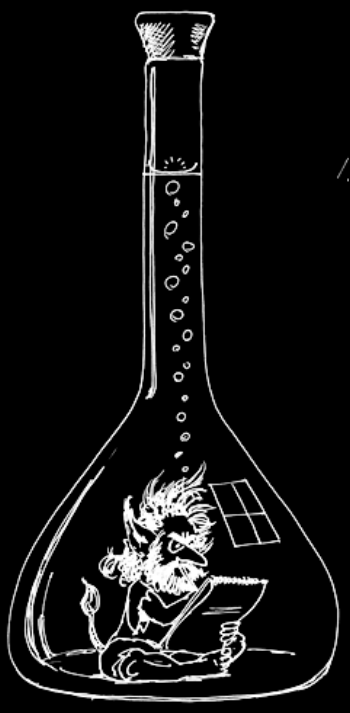The method now implemented in you laboratory can now be accredited as a new method or using, if appropriate, flexible scope. Here the Guide to Quality in Analytical Chemistry from Eurachem can give some input.
The new ISO/IEC 17025 from 2017 is presented by Eurachem and by ISO. The main changes in the 2017 version are:
- The scope has been revised to cover testing, calibration and sampling.
- The process approach now matches that of newer standards such as ISO 9001.
- The standard has now a stronger focus on information technologies such as LIMS.
- More focus on risks regarding impartiality, confidentiality, decision...
- The laboratory shall participate in PT.
- The laboratory shall define its activity (Section 5.3).
- Reference materials and reagents are considered as equipment and an inventory is needed.
- Metrological traceability - notes moved to a non mandatory Annex A. Demand on using RM from NMI (National Metrological Institute) or accredited laboratory when available.
- Simplified reporting is accepted after agreement with customer.
- The standard covers data and reports both in paper and electronic format.
Eurolab has issued an excellent handbook on the new ISO standard and an Excel chart for laboratories implementing then new standard. Guidance are published as Eurolab cookbook.
The following has been erased
- Assessment of the efficiency of training
- Job description not mandatory - a definition of competence requirement is needed
FAQ - accreditation - the replies below are my personal opinion based on long-term experience of accreditation of analytical laboratories.
- Do I need to calibrate my volumetric glassware bought from a reliable supplier? If you buy calibrated calibrated glassware and use your glassware with care you do not need to calibrate e.g. a Voll-pippette ( with certificate) or a volumetric flask (normally with a general specification) if you accept the uncertainty given by the manufacturer. Note that temperature uncertainty can be of the same magnitude e.g. 100 ml volumetric flask the tolerance is normally 0,1 ml and the temperature effect gives an U = 0,07 for temperature 18-24 C. The same requirements can also be found from USP demands.
